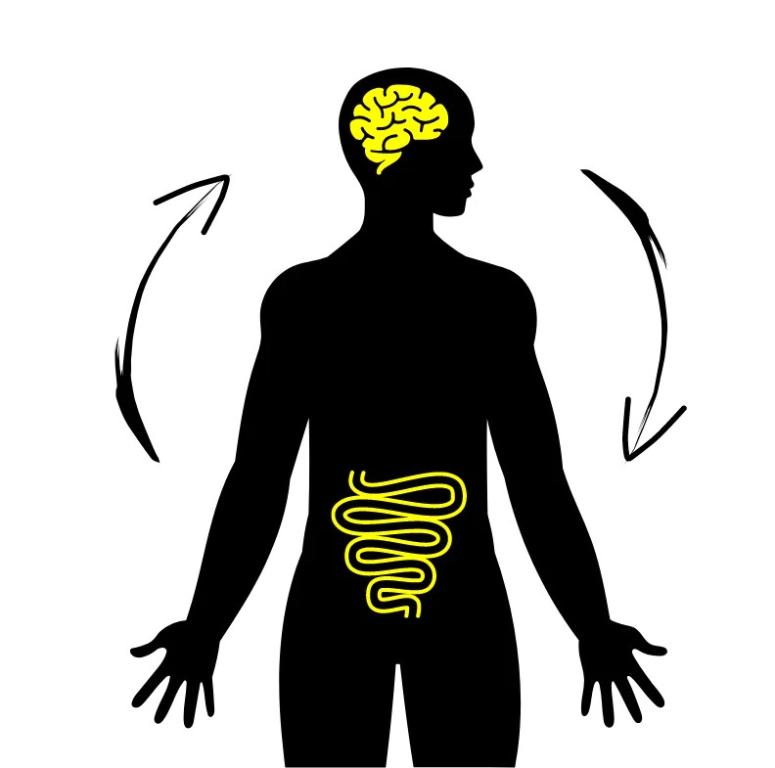Bee bread – a valuable product for enhancing intestinal microbiota
Over recent years, microbiota has been the focus of multiple sectors of science, including molecular medicine, genetics, microbiology and others. It is currently known that microbiota not only affects general health, but can also serve as a biomarker for the prognosis, diagnostics, therapy and prevention of certain diseases. The importance of human microbiota has been subject to medical research, addressing not only gastrointestinal diseases, but almost all of the largest systems of the body. Microbiota is associated with the origins of metabolic diseases, cardiovascular diseases, allergic diseases, autoimmune diseases, oncological diseases, etc. Furthermore, the intestinal microbiome is associated with mental and psychiatric health. Changes in the gastrointestinal tract and its microbiome may cause anxiety, stress and even depression, as well as the opposite – the emotional and psychiatric condition of the person may affect the gastrointestinal tract.

Microbiota, which is an aggregate of all micro-organism species – fungi, bacteria and viruses, is a very important component of human health. It is called a separate organ for a reason, as it affects the immune system of a person. Microbiota, the composition of which is diverse, mainly consisting of benign species of bacteria and fungi, is considered to be healthy; furthermore, it must be capable of adaptation. Meanwhile, the condition of altered microbiota, where harmful bacteria and fungi prevail, is referred to as dysbiosis. Dysbiosis is affected by the ageing processes of the body, external environment, food habits, and medications. The most common medicinal cause of dysbiosis is associated with the use of antibacterial medicinal products, as well as medications that are called proton pump inhibitors (PPIs), non-steroid anti-inflammatory drugs (NSAIDs) and antipsychotic medications.
Unfortunately, no common “correct” microbiome for all people exists, since it differs in different populations depending on age, sex, ethnic origin, as well as many other external and internal factors. The microbiota of each person may differ and change over the course of their life. Micro-organism communities start forming in the gastrointestinal tract from the moment of being born. They are affected by the way of giving birth to the baby, as well as by the nutrition of the child during the first years of their life. Later in life, the intestinal microbiota may be affected by factors that cannot be altered (genetic and environmental factors), but there are factors that can be modified by means of changing your lifestyle or physical activity, as well as changes to your food habits. Among the multiple factors that affect intestinal microbiota, food is considered to be one of the main pre-determinants of intestinal microbiota.
Given that food is one of the determining factors, maintenance of healthy microbiota involves diversity of food and the inclusion of products that contain prebiotics and probiotics in your diet. Food that contains sufficient amounts of all vital groups of nutrients – proteins, fats and carbohydrates, enables optimal functioning of the body and provides energy, as well as the supply of vitamins and trace elements.
Inhabitants of Europe, Asia and Africa have been familiar with the use of products that contain probiotics for centuries. Probably, without being fully aware of the potential effects of these products on health, people have been using fermented products such as kefir, yoghurt, whey, sauerkraut, kimchi, cheese, kombucha, cheese, wine, beer, vinegar, etc. since ancient times. Fermentation not only serves as a method of preservation of the product, but the nutritional value of the product increases, and the chemical properties of the product change as a result of fermentation, which includes the taste, odour and acidity of the product.
Author of the article - nutritionist Agnese Ozolina.